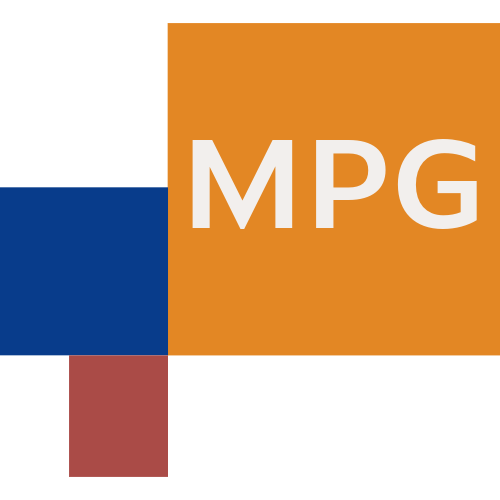menu
menu
Menu
cancel
- arrow_back_iosBacknavigate_nextpersonPersonal
- groupCommunities
- articleBlogs
- eventEvents
- sourceTemplates
- question_answerQuestions
- schoolLearning
- business_centerBusiness
- live_helpFAQ
3. **What are the main challenges companies face when transitioning from local reporting standards to international standards, and how can these be addressed through effective communication and tr...
**What mechanisms and strategies are commonly implemented in effective anti-corruption policies to ensure transparency and accountability within government institutions?
2. **How do international anti-corruption conventions, such as the United Nations Convention against Corruption (UNCAC), influence national anti-corruption legislations and practices?
3. **In what ways can public participation and civil society engagement enhance the effectiveness of anti-corruption policies and their enforcement?
**What are the key technologies and tools commonly used in real-time monitoring systems across different industries and how do they ensure data accuracy and timeliness?
2. **How does real-time monitoring improve decision-making processes in sectors such as healthcare, finance, and manufacturing, and what are some examples of its successful implementation?
3. **What are the challenges and limitations associated with implementing real-time monitoring systems, particularly regarding data privacy, security, and infrastructure scalability?
How can businesses effectively integrate social impact strategies into their core operations to benefit both their bottom line and the communities they serve?
What are the key indicators or metrics used to measure the success and effectiveness of social impact initiatives?
How does social impact investing differ from traditional investing, and what are the potential benefits and challenges associated with it for both investors and communities?
